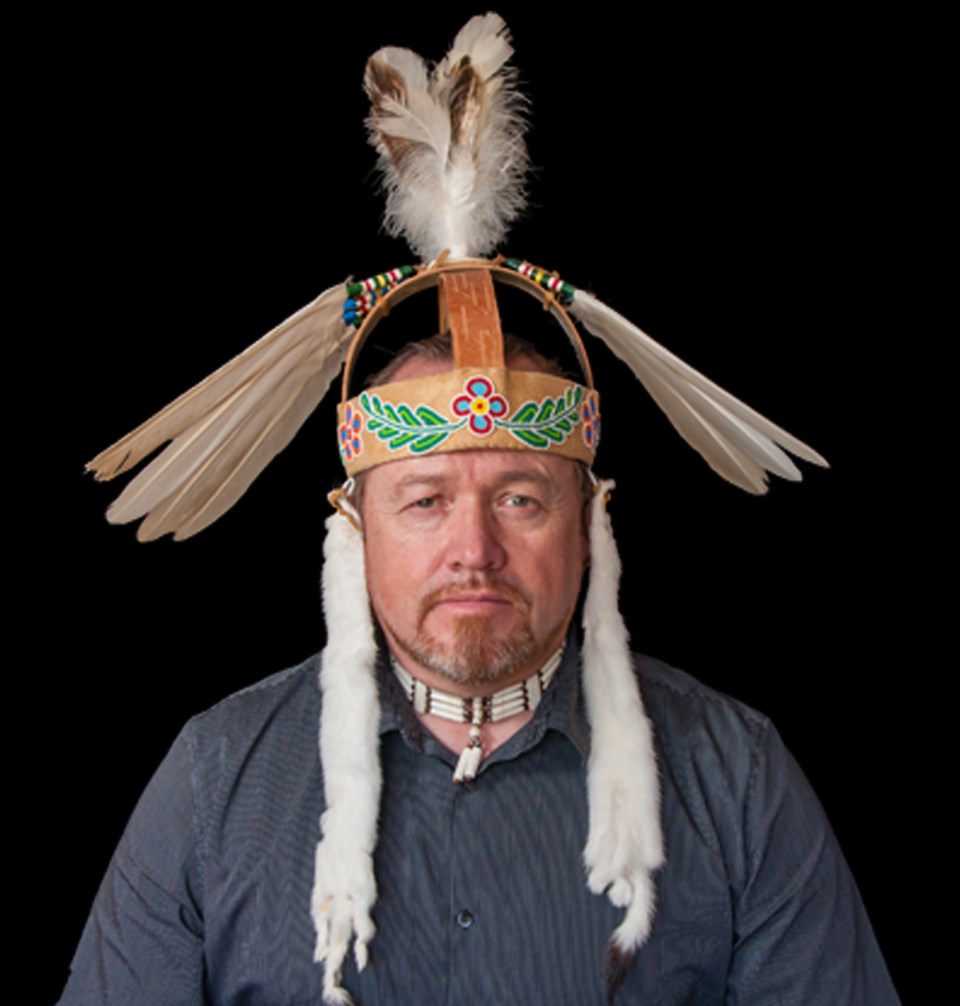The Chief of the Nipissing First Nation says that he is all for a federal government program, which aims to help Indigenous-led efforts to reclaim, revitalize, maintain and strengthen Indigenous languages.
Chief Scott McLeod says that he fully supports the fed’s announcement earlier this month which commits $10 million to fund 78 Indigenous languages programs across Ontario. That’s part of the $60 million that the Government of Canada is investing in Indigenous languages programs across the country. The Chief said he has not yet heard how much of that funding will make its way to his community.
He feels that Indigenous culture is embedded in Indigenous languages.
“What has happened since the Indian Act implementation in 1876 is that a lot of the culture and language was torn out of our communities by government with the idea that assimilation into European culture was the proper thing to do. We all know how that turned out,” the Chief said.
“Language and therefore culture was taken away from us without our consent and against our will. What Indigenous people have been asking for from the Canadian government is to simply put in the same amount of effort in restoring our languages as they did to remove them from our communities.”
Federal Heritage Minister Steven Guilbeault spent the week meeting virtually with leaders of Indigenous communities and languages organizations to learn how best to administer the program and its funding.
Chief McLeod said money alone can’t fix the problem and it will take a lot of work by Indigenous people to revitalize Indigenous languages across the country.
Chief McLeod said he is appreciative of the government support for the languages initiative but he added it’s Indigenous people who will have to do the heavy lifting to get this done.
“It takes a lot of work and that falls on the backs of the victims of all this. It is again yet another hurdle that Indigenous people have to climb,” Chief McLeod said. “In a lot of our communities we have less than 10 per cent fluent Indigenous language speakers. The program is well-received in Indigenous communities, but it is going to take some hard work to restore these languages and preserve our culture.”
In a news release, the federal government stated that officials met in March with leaders of the First Nations Confederacy of Cultural Education Centres. The confederacy is helping with 44 community projects, which are delivering almost 26,000 hours of language instruction to more than 5,700 students. Resources are being offered in several Indigenous languages including Anishinaabemowin, which is the main Indigenous language spoken in the Nipissing, Parry Sound and Muskoka regions.
The Confederacy’s Chief Executive Officer Claudette Commanda said that it is vitally important that Canada and Canadians take seriously the job of preserving Indigenous languages.
“We can not find our languages anywhere else in the world, unlike everyone who comes to settle in Canada who can reach out and return to their mother country for their languages,” Commanda said. “For us, the first people of this land, our languages come from here. They were created here. Our languages were the original languages of this land we call Canada. Our languages are the essence of who we are as a people. Our languages need to be valued equally, every bit as much as our two official languages of English and French.”
In the news release, Carolyn Bennett, minister of Crown-Indigenous relations, stated that Canada’s 60-plus Indigenous languages must be protected.
“We are working to dismantle the colonial systems that have threatened Indigenous peoples and their languages over generations. The Indigenous Languages and Cultures Program is part of our work in partnership with Indigenous peoples to implement the Truth and Reconciliation Commission’s Calls to Action and to address the Final Report of the National Inquiry into Missing and Murdered Indigenous Women and Girls,” Bennett stated.
- John McFadden, Local Journalism Initiative, MuskokaRegion.com, ParrySound.com and Simcoe.com.
